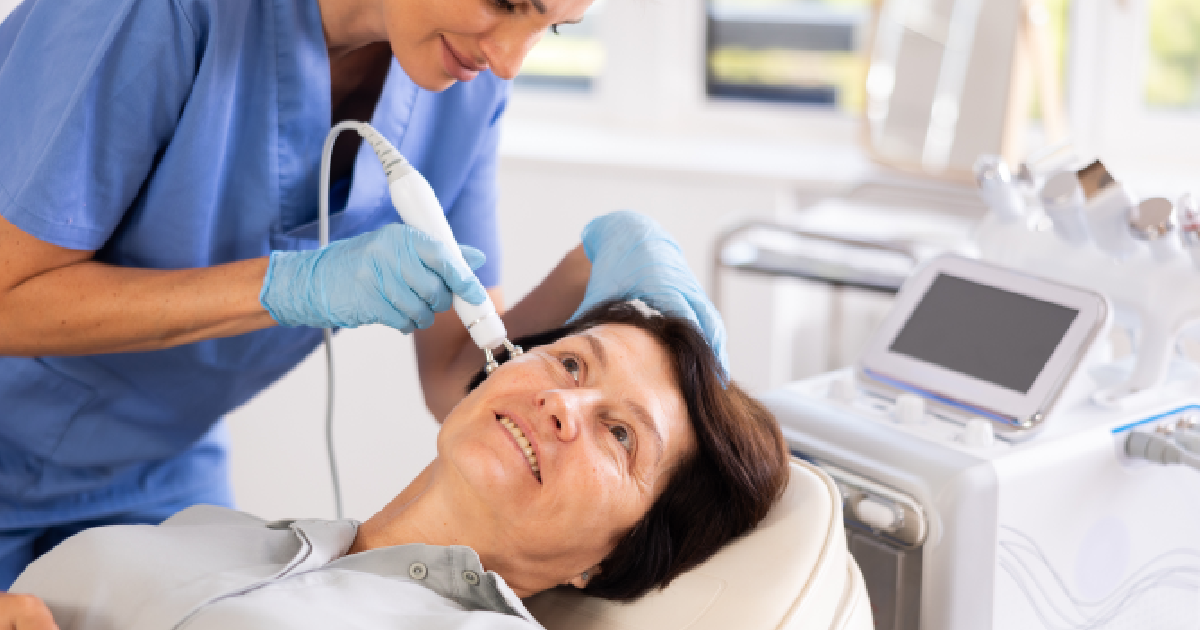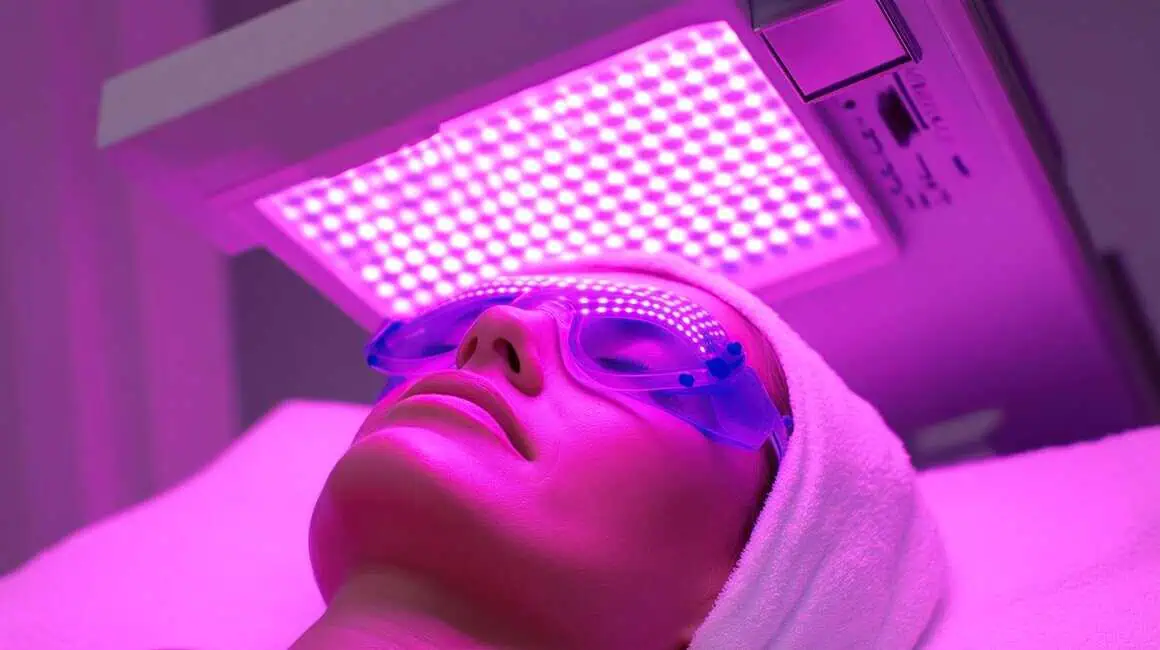Skin revival is not just a trend; it’s rooted in science. Understanding how our skin functions and what it needs can help us achieve that radiant glow we often seek. In this blog, we’ll explore the fundamental principles behind skin revival, from the biological processes that occur in our skin to the external factors that can enhance its health. Let’s dive into the world of skin science and uncover effective techniques for rejuvenating your skin.
The Basics of Skin Biology
Understanding the layers of skin and their functions is essential for effective skin care. This section will break down how the epidermis, dermis, and hypodermis interact in the process of skin renewal. The outermost layer, the epidermis, serves as the first line of defense against environmental factors while providing crucial barrier functions.
Beneath the epidermis lies the dermis, filled with vital structures such as hair follicles, sweat glands, and blood vessels. This layer plays a key role in providing nourishment and support to the epidermis, working in harmony to maintain skin integrity. Understanding this relationship is crucial; disturbances in the dermis can directly affect the appearance and health of the epidermis.
The hypodermis, or subcutaneous layer, contains fat and connective tissues that anchor the skin to underlying structures while acting as a cushion against physical impacts. It’s fascinating how these layers work together, don’t you think? Each has distinct responsibilities yet they are interdependent, creating a dynamic system that continuously fuels natural skin revival processes.
Moreover, the skin is a living organ, and it undergoes various cycles of renewal influenced by factors such as age, environment, and lifestyle choices. Regularly exfoliating the top layer of skin can help to stimulate this process while promoting cellular turnover. Thus, appreciating these biological complexities allows us to better care for our skin, integrating practices that enhance its natural renewal.
The Role of Hydration in Skin Revival
Hydration is at the core of skin revival. Explore how moisture levels affect skin resilience and appearance, and discover tips on maintaining optimum hydration. When our skin is well-hydrated, it looks more plump and youthful, but dehydration can lead to a dull and lifeless complexion.
Water is essential not only for overall health but also specifically for skin vitality. The skin can lose significant amounts of moisture throughout the day, particularly when exposed to harsh environmental factors. When choosing hydrating products, look for ingredients like glycerin and hyaluronic acid. These ingredients attract moisture to the skin and help create a protective barrier, locking in hydration.
Another effective way to maintain hydration is through consistent water intake. Drinking enough water each day can significantly improve skin texture and minimize the visibility of fine lines. Aim for at least eight glasses a day, but remember that the exact amount may vary depending on your activity level and climate.
Additionally, incorporating a humidifier in dry environments can help keep your skin well-hydrated. These small yet powerful devices work wonders by adding moisture back into the air, keeping skin feeling soft and refreshed. As you can see, hydration truly is key to skin revival, creating a domino effect that influences every aspect of our skin’s health.
Nutrition and Its Impact on Skin Health
What we eat plays a pivotal role in our skin’s health. This section discusses the nutrients that promote skin revival and how certain diets can benefit your complexion. For instance, diets rich in antioxidants can help protect our skin from oxidative stress and inflammation, key factors that can lead to premature aging.
Foods such as berries, nuts, and leafy greens are packed with vitamins and minerals that encourage skin health. Vitamin C, for example, is vital for collagen production, while omega-3 fatty acids support cellular function. Adding these nutrients to your plate can yield tangible improvements in your skin’s appearance.
Conversely, certain food choices can detrimentally affect skin health. Diets high in sugar can lead to glycation, damaging collagen and elastin in the skin, while excessive dairy consumption might trigger inflammation and acne. By being mindful of what we consume, we can create a supportive environment for skin revival that resonates on the outside.
While supplements can provide additional support, focusing on whole foods is key. Emphasizing a balanced diet rich in colorful fruits and vegetables ensures you’re getting a spectrum of essential nutrients. Not only will it nourish your skin, but it can also enhance your overall health—what a win-win!
The Science of Anti-Aging Ingredients
Delve into the science behind popular anti-aging ingredients like retinol, hyaluronic acid, and peptides, and understand how they work to rejuvenate skin. Retinol, a derivative of vitamin A, is renowned for its ability to accelerate cell turnover, making it a go-to for those looking to diminish wrinkles and fine lines.
Hyaluronic acid, on the other hand, is an incredible humectant that can hold up to 1000 times its weight in water. This characteristic not only hydrates but also plumps the skin, resulting in a more youthful appearance. Together, these ingredients can revolutionize your skincare routine, bringing remarkable benefits.
Peptides are another powerhouse, acting as signaling molecules that communicate with skin cells to promote collagen production. The result? Firmer, smoother skin! By understanding these ingredients, we can make more informed choices about our skincare products, ensuring they effectively contribute to skin revival.
Incorporating these ingredients into a regular skincare regimen can yield significant benefits, although it’s essential to introduce them slowly to gauge how your skin reacts. Always remember to apply sunscreen, especially when using retinol, as the skin can become sensitive to sunlight. With the right combination, you can create a comprehensive anti-aging strategy that keeps your skin looking vibrant.
The Importance of Sun Protection
Sun damage can thwart any skin revival efforts. Learn about the biological effects of UV radiation on skin and why daily sun protection is a must. The sun emits UVA and UVB rays, both of which can undermine skin integrity, leading to premature aging and an increased risk of skin cancer.
UVA rays penetrate deeply, contributing to discoloration and skin laxity, while UVB rays are primarily responsible for sunburn. What’s alarming is that even on cloudy days, up to 80% of UV rays can reach your skin. It’s essential to apply a broad-spectrum sunscreen, even when you don’t see the sun shining bright.
Choosing the right SPF is crucial; dermatologists recommend at least SPF 30 for daily use. Additionally, don’t overlook reapplication—especially if you’re outdoor for extended periods or engaging in activities that promote sweating. Sunscreen should be your skin’s best friend, providing essential protection against UV damage.
Furthermore, incorporating sun-protective clothing and seeking shade can also play vital roles in safeguarding your skin. Together, these practices create a comprehensive approach to skin revival that significantly reduces the risk of long-term UV damage, setting the stage for vibrant and healthy skin.
Incorporating Effective Skincare Routines
Establishing a consistent skincare routine tailored to your skin type is crucial for effective revival. This section provides practical steps to design a personalized regimen. The building blocks of any good routine should include a gentle cleanser, suitable exfoliant, nourishing moisturizer, and, of course, sun protection.
Identifying your skin type—whether oily, dry, combination, or sensitive—can significantly influence your product choices. For instance, individuals with oily skin may benefit from lightweight, oil-free products, while those with dry skin should look for creams with rich emollients. Understanding these nuances arms you with the knowledge to make effective choices for skin revival.
In addition to basic products, don’t shy away from incorporating serums and treatments that address specific concerns, such as hyperpigmentation or acne. Regular application of treatments can enhance your routine, pushing the boundaries of skin revival to new heights.
Lastly, be patient and consistent. Skin revival doesn’t happen overnight; it is an ongoing process that requires dedication. Take the time to observe how your skin responds to different products and stay flexible, adjusting as necessary while prioritizing hydration and protection. A thoughtful routine can lead to transformative results, sparking your journey toward healthy, radiant skin.
Lifestyle Choices That Support Skin Revival
Beyond products, lifestyle choices such as sleep, exercise, and stress management play significant roles in skin health. Discover how to integrate these factors into your skin revival journey. For instance, lack of quality sleep can lead to increased stress levels, manifesting in tired skin and blemishes. Aim for 7-9 hours of restful sleep to aid your skin’s natural repair processes.
Regular physical activity is another cornerstone for skin health. Exercise boosts blood circulation, ensuring that essential nutrients reach your skin effectively. This not only promotes a healthy glow but also enhances the body’s ability to eliminate toxins, which can positively impact skin clarity.
Furthermore, stress management is essential. Chronic stress can trigger inflammation and exacerbate skin conditions like acne and eczema. Engaging in practices such as meditation, yoga, or simply taking a moment to breathe deeply can create a calming effect, ultimately benefiting your skin.
Incorporating these lifestyle tweaks may seem small, but collectively they foster an environment that complements your skincare efforts. Remember that skin revival is a holistic journey, where lifestyle harmonizes with product choices for a complete transformation.
Final Thoughts on Skin Revival
By embracing the science behind skin revival, we can make informed choices about our skincare routines, leading to healthier and more vibrant skin. Remember, effective skin revival is about understanding your skin’s unique needs and responding to them with the right products and practices.





